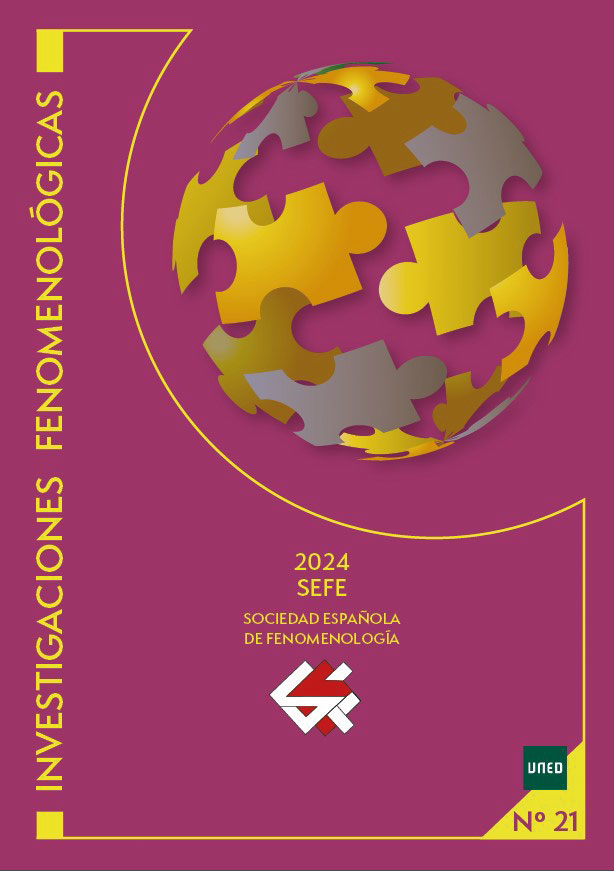Levinas, la fenomenología y más allá. Fidelidades e infidelidades
DOI:
https://doi.org/10.5944/rif.21.2024.42029Palabras clave:
fenomenología, Husserl, Heidegger, Levinas, alteridad, violenciaResumen
Emmanuel Levinas aprendió a pensar y a “trabajar en filosofía” gracias a Husserl y, posteriormente, a Heidegger. De ellos alababa la sospecha ante una pretendida objetividad a la que accedería la razón y la exploración de intencionalidades afectivas que caracterizan la experiencia humana. Sin embargo, declarándose abiertamente heredero de la fenomenología, se empeñó en salirse de ella. Levinas consideró que el discurso filosófico allanó el camino a las atrocidades del s. XX, y pretendió reorientarlo atendiendo a un encuentro con la alteridad que suspende el movimiento usual de la conciencia, todo ella representación, dominio y asimilación. Así pues, intentó hablar en el lenguaje de aquello que lo funda y se le escapa, para que el pensamiento dejara de ser un monólogo desorientado e, incluso, un preludio de la violencia. Investigaremos cómo revisa Levinas su herencia fenomenológica e, incluso, filosófica en general, y cómo responde a ella abriéndole nuevos lares.
Descargas
Descargas
Publicado
Versiones
- 2024-12-29 (4)
- 2024-12-29 (3)
- 2024-12-29 (2)
- 2024-12-29 (1)
Cómo citar
Número
Sección
Licencia
Derechos de autor 2024 Investigaciones Fenomenológicas

Esta obra está bajo una licencia internacional Creative Commons Atribución 4.0.
![]()
Reconocimiento (by): Se permite cualquier explotación de la obra, incluyendo una finalidad comercial, así como la creación de obras derivadas, la distribución de las cuales también está permitida sin ninguna restricción.






